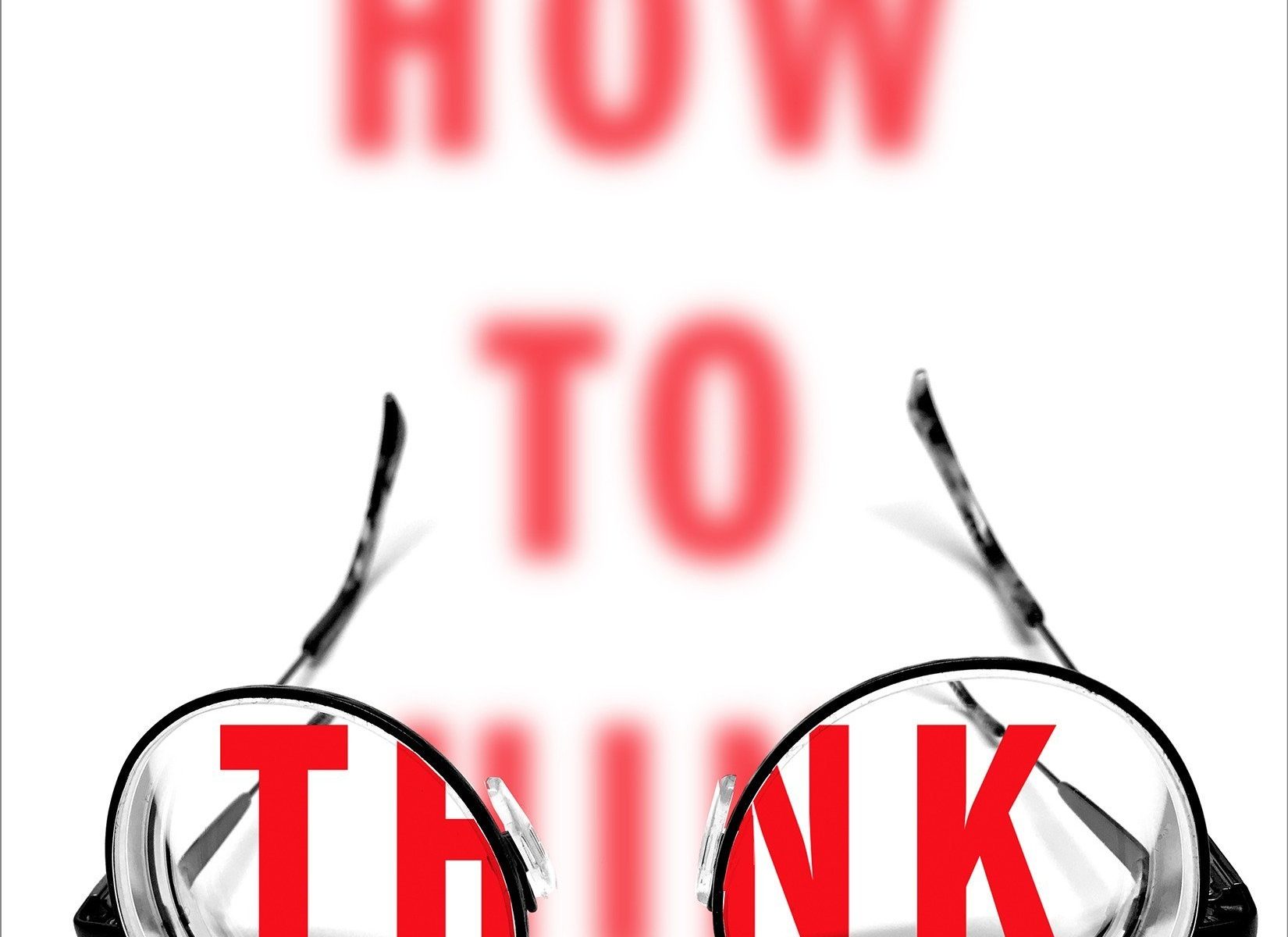Jacobs, Alan. How to Think: A Survival Guide for a World at Odds, 2017.
Alan Jacobs, an English professor in the Baylor University Honors Program, provides hope for those who wish to think more soundly in these contentious times through this short, lively manual on the way we make decisions. Jacobs engages with the experts on the topic (chiefly Daniel Kahneman and Jonathan Haidt), pulls specific examples out of the recent past to illustrate his points, and even provides a compelling checklist for thinking well. As Jacobs contends, part of good thinking is merely diagnostic: knowing that you have a thinking conundrum. If you can internalize a few more of Jacobs’s recommended best practices, you’ll be glad you read the book.
Thinking is hard but necessary.
Thinking is not the decisions we make so much as it is the way we reach those decisions. Given the cognitive biases we’re up against as outlined in such books as Thinking Fast and Slow (Kahneman) and The Righteous Mind (Haidt), it’s no wonder many of us don’t bother to think. It’s hard work, and it can be humbling to own up to the slipshod way we make decisions. Jacobs offers hope to those who are discouraged, however, by insisting that thinking is primarily a moral responsibility. Following St. Augustine, Jacobs connects thinking to our wills. It’s something we either decide to do or not do, and the reasons for our not wanting to get better at thinking can be chalked up to turpitude not just laziness. Ultimately, despite our own inclination to bad thinking, we can get better at it.
Thinking is always something we do with other people.
Jacobs adroitly calls out the demand to “think for yourself.” Too often, Jacobs points out, this is only something we tell somebody who believes the opposite of what we believe. If someone agrees with us, we tend to associate their cognitive breakthrough with independence while we suspect that someone who doesn’t agree with us must have come under someone else’s influence. We cannot, and indeed should not, think on our own.
Jacobs thus encourages us to find people we can trust to think alongside, and his real insight is to realize that people who agree with us about the ends we desire or even the means to achieving those ends may not be the best people to befriend. It is ultimately better if we learn to trust people who cultivate a certain way of thinking rather than a specific kind of decision.
Words can help us think better but cannot redeem a bad character.
We cannot think well without heuristics, methods for aggregating and making sense of the information we receive on a daily basis. Words help us navigate the world. Keywords help us establish a common shorthand to use with our communities. Metaphors help us to understand hard to grasp concepts. Stories bind those metaphors together to help give us a larger narrative for our identity and what we believe.
But each of these tools can be abused. Keywords can often exclude or can be used to avoid having to acknowledge those we disagree with. Metaphors have their limits and can exacerbate our desire to believe that, for instance, intellectual engagement is best conceived of as a war with winners and losers. Stories built on such reductions can become a way, not of learning, but of fulfilling our own prophecies.
As Jacobs concludes, for the person who is wise, words are a way to accrue more wisdom. For the fool, words are a way to go more cognitively bankrupt.
Thinking does not mean having a perpetually open mind.
Throughout the book, Jacobs encourages us to find a middle ground between inflexibility and gullibility. We must maintain a rigorous humility that prizes truth and a love for our neighbors.
We are not loving our neighbor if we simply agree with whatever they say. Neither are we truly thinking if we never admit the possibility that we’re wrong. Knowing how and when to open our minds then is the most important part of thinking.
Jacobs gives some guidance here. First, he encourages us to curb our repugnance to ideas we find disagreeable by waiting long enough to confirm our initial reaction. Five minutes should do the trick. If we’re still feeling bad after this brief pause, we can respond accordingly. Second, we should do our best to articulate our opponent’s position in a manner that they would agree with. It’s too easy to “in other words” those we disagree with and reduce their arguments to straw men. Third, we should remember what it feels like to have our arguments shot down. If we can’t recall the last time we changed our minds, we are unlikely to remember the stakes involved in admitting we were wrong. Finally, if you decide that something is worth engaging with, do so with integrity and the intention of closing your mind again after you’ve made your mind up. A mind is a terrible thing to leave wide open.
Thinking is neither wholly rational nor wholly emotional. It’s both.
This may be the most important insight in the entire book. In our polemical age, it’s easy to ascribe our problems with thinking to a lack of reason and an excess of emotion. While reason is certainly necessary, it alone cannot help us think well. In fact, it’s a way of avoiding the moral core of thinking. If we were to reduce all of our decisions to merely rational calculations, we couldn’t decide on much of anything. Emotions play a vital role in good thinking. We should love the truth, not just accede to it dispassionately. Most importantly, we should love God and our neighbors, the two great commandments, and our best thinking will help us do both.

